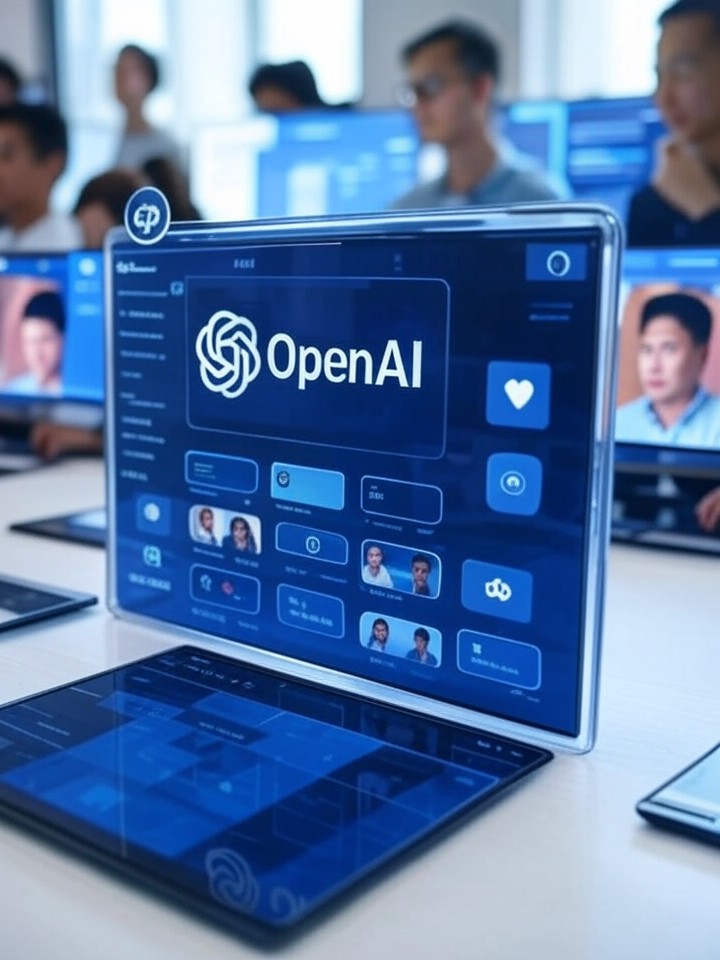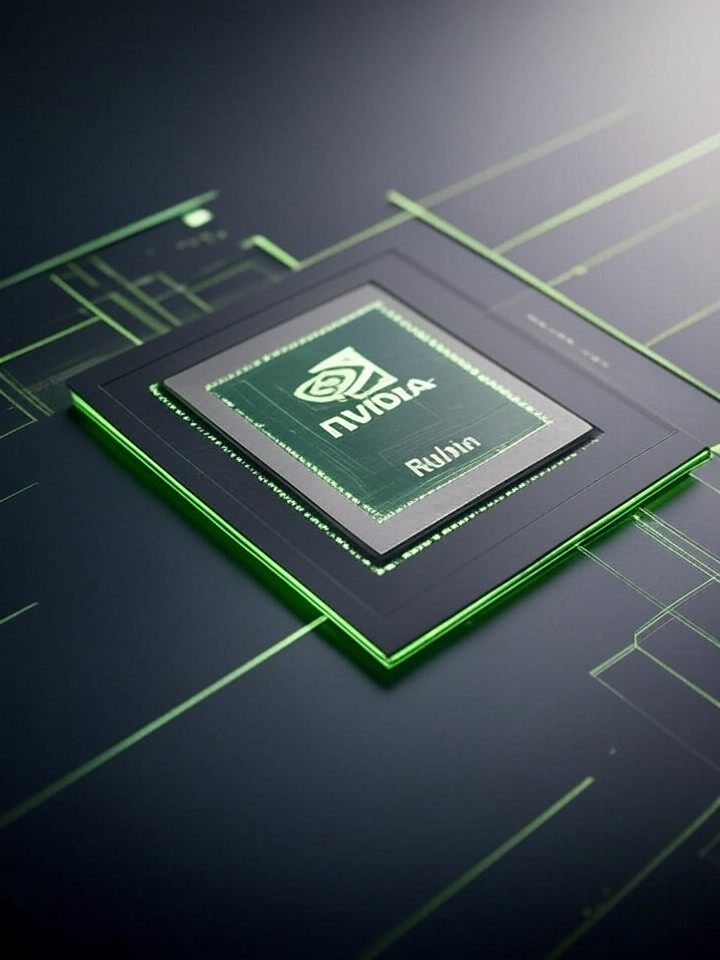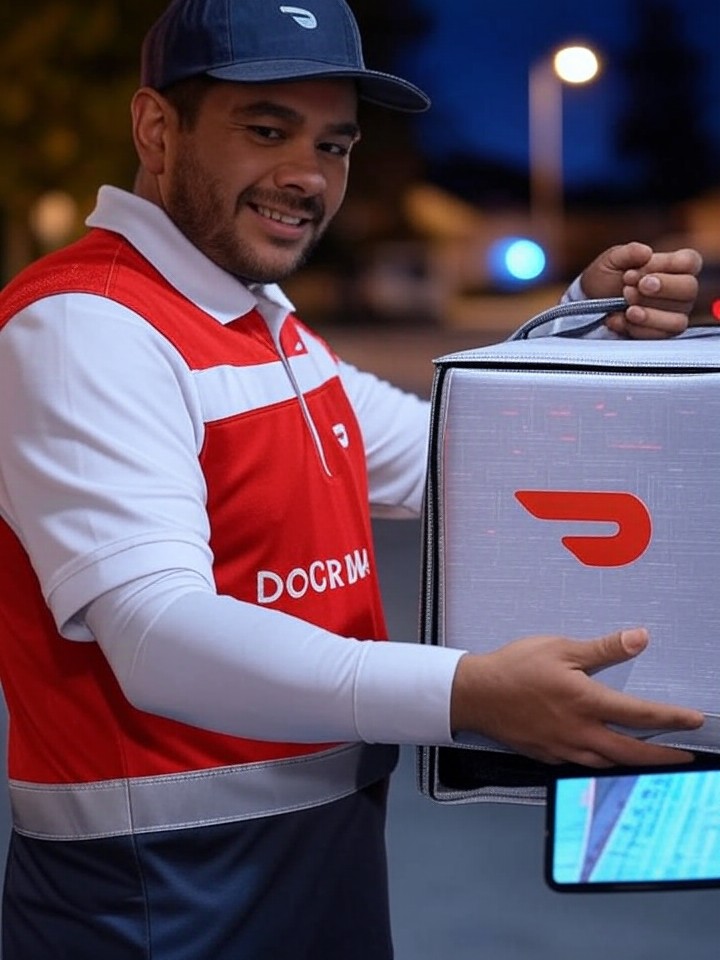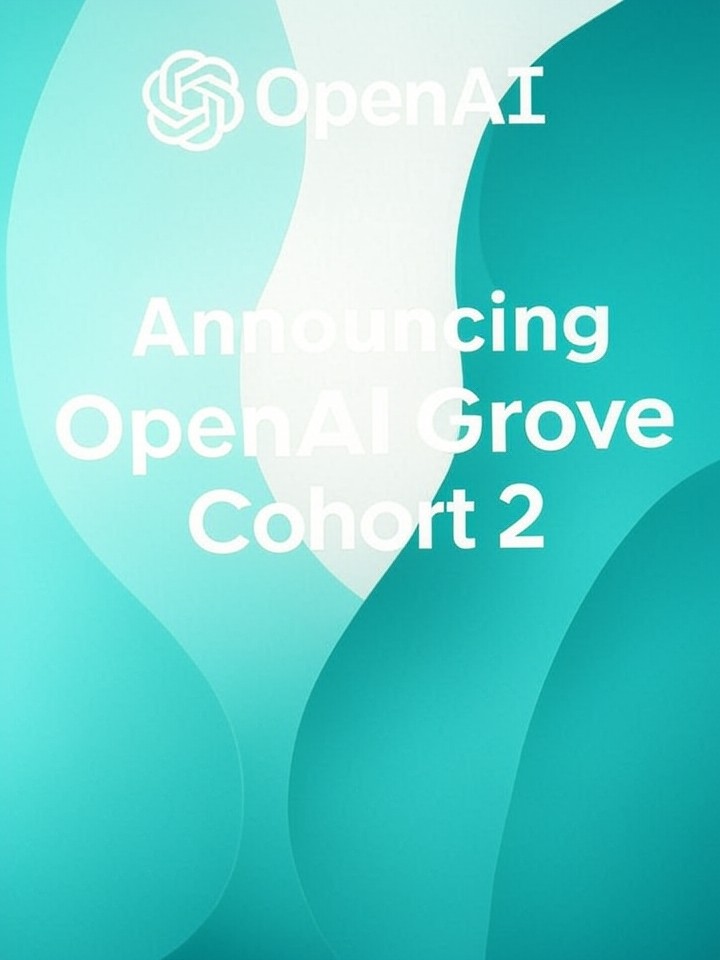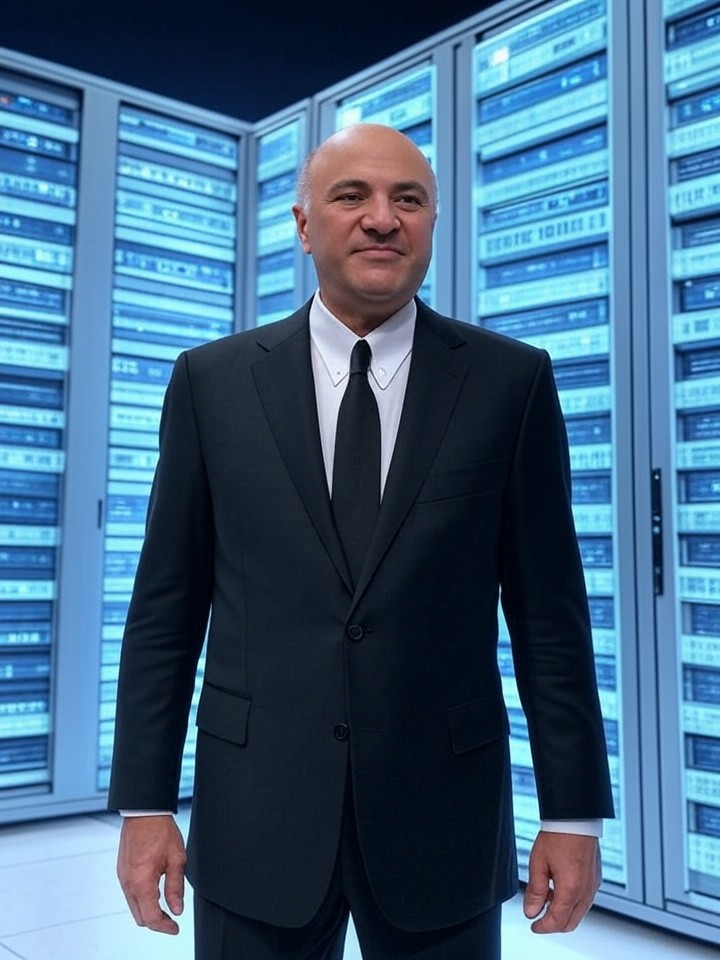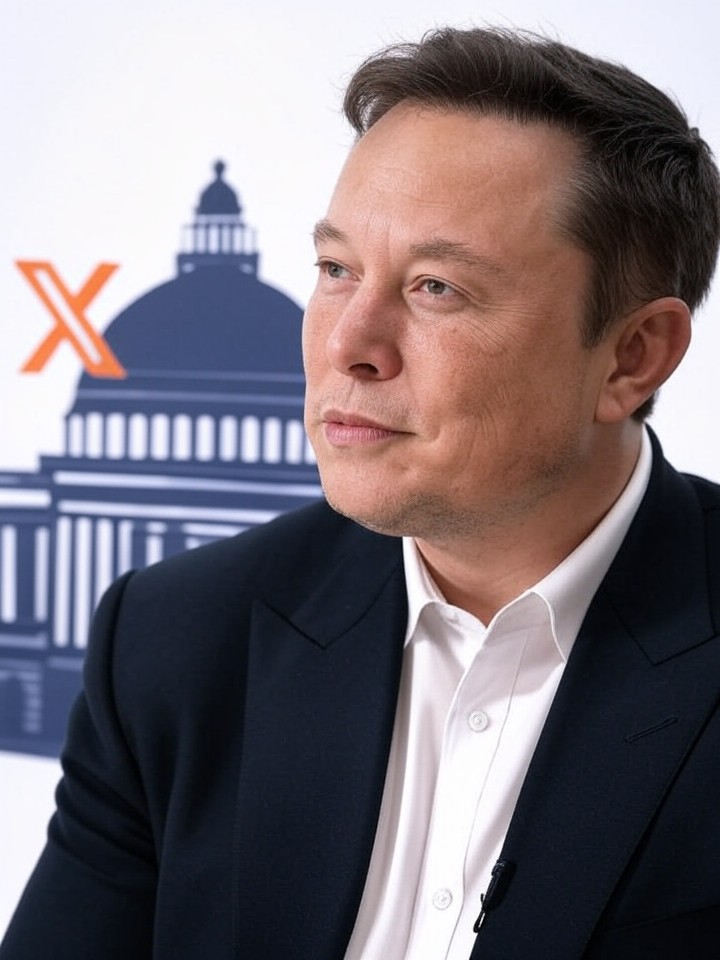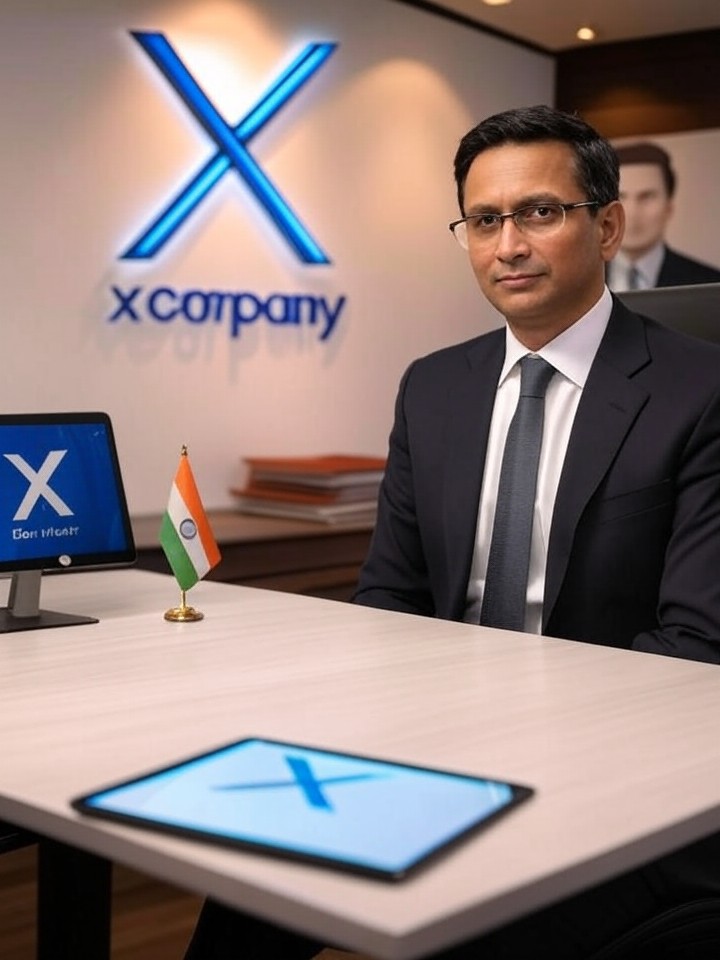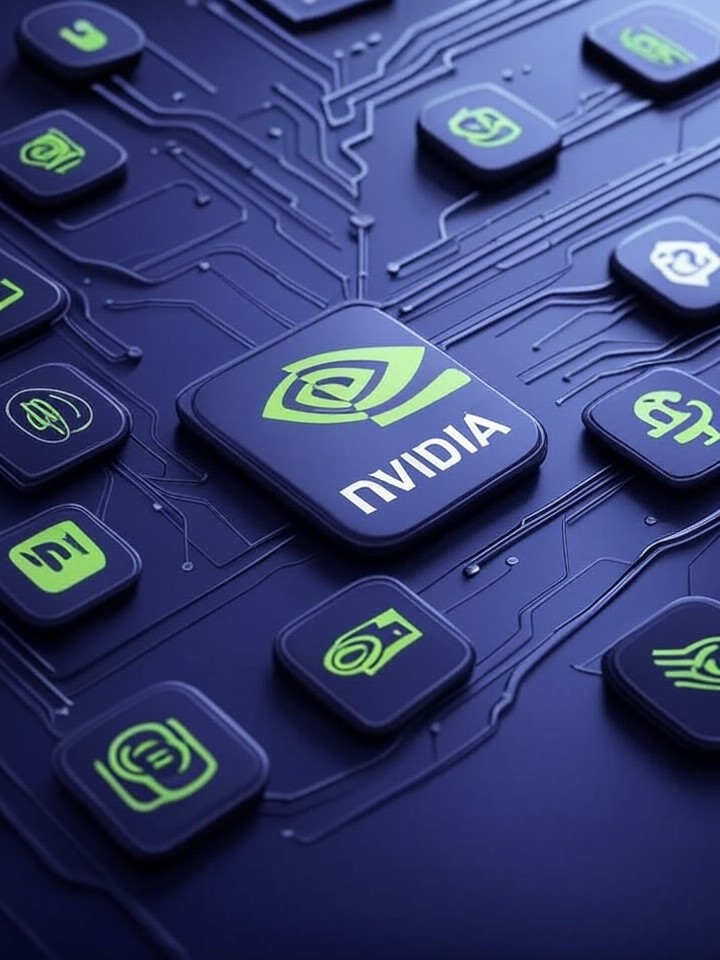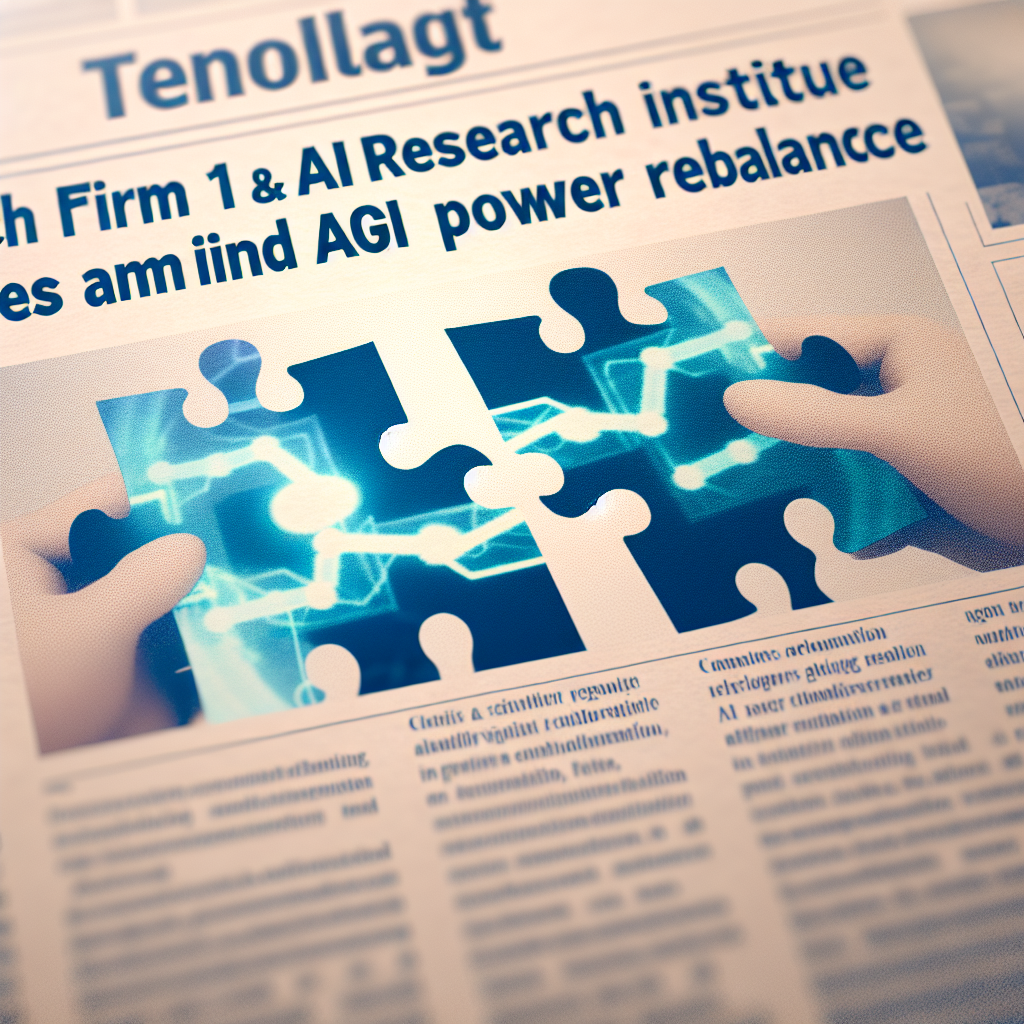Microsoft, OpenAI Rewrite Partnership Rules Amid AGI Power Rebalance
MICROSOFT AND OPENAI REDEFINE PARTNERSHIP AMID AGI POWER SHIFT
In a landmark development, Microsoft and OpenAI have restructured their long-standing collaboration to better align with the rapidly changing landscape of artificial general intelligence (AGI). The new agreement rebalances intellectual property (IP) rights, strengthens independent oversight in AGI research, and renews both companies’ commitment to openness and responsible AI development — all while preserving their strategic ties through the Azure cloud platform.
THE EVOLUTION OF THE MICROSOFT–OPENAI PARTNERSHIP
Microsoft and OpenAI began their partnership in 2019, when Microsoft invested $1 billion to advance OpenAI’s mission of developing safe and scalable AGI systems. Since then, the collaboration has evolved far beyond a financial relationship. OpenAI’s flagship technologies — including the GPT language models that power products like ChatGPT and Copilot — have become deeply integrated into Microsoft’s ecosystem, fueling innovation across productivity tools, cloud computing, and AI-driven applications.
However, with growing public scrutiny over AI safety and governance, as well as the accelerating pace of AGI research, both organizations recognized the need for a more balanced and transparent partnership. The newly restructured deal reflects those priorities, placing greater emphasis on accountability, independence, and the validation of AGI-related breakthroughs.
KEY CHANGES IN THE NEW MICROSOFT–OPENAI AGREEMENT
1. EXPANDED INTELLECTUAL PROPERTY AND OPERATIONAL FREEDOM
Under the updated terms, both Microsoft and OpenAI gain expanded rights to use and commercialize innovations derived from their joint research efforts. This shift marks a move toward greater autonomy, allowing each organization to pursue its strategic objectives more freely while still maintaining collaborative ties where mutually beneficial.
For Microsoft, this means continued access to OpenAI’s cutting-edge model advancements, which fuel products like GitHub Copilot and Microsoft 365 Copilot. For OpenAI, it reinforces the company’s flexibility in testing and deploying advanced systems across different computing environments, beyond Azure when appropriate. Despite this operational freedom, Azure remains the preferred cloud partner, preserving Microsoft’s central role in delivering scalable AI infrastructure.
2. INDEPENDENT AGI VERIFICATION AND OVERSIGHT
One of the most distinctive features of the renewed partnership is the introduction of an independent AGI verification process. This mechanism allows external experts to assess significant claims or milestones related to AGI development. The move aims to enhance public trust and ensure that breakthroughs purported to approach general intelligence meet rigorous technical and ethical standards.
This independent layer of scrutiny is aligned with broader industry calls for increased transparency in frontier AI research. Both companies acknowledge that the emergence of AGI would carry profound societal implications — demanding a framework that balances innovation with accountability.
3. BALANCING COLLABORATION AND COMPETITION
While Microsoft remains one of OpenAI’s largest backers, the new agreement gives both entities the flexibility to collaborate or compete as their business goals evolve. For example, Microsoft retains exclusive access to license OpenAI’s core technologies for inclusion in consumer and enterprise products, while OpenAI continues to innovate and offer direct AI tools to developers and institutions.
This cooperative-competitive dynamic mirrors other major industry relationships, such as Google’s partnerships with DeepMind and Anthropic’s collaboration with Amazon. As the AI race heats up, flexibility has become crucial to maintain agility and independence in a field marked by rapid progress and high stakes.
IMPLICATIONS FOR THE FUTURE OF ARTIFICIAL GENERAL INTELLIGENCE
The redefined partnership underscores the increasing importance of governance frameworks in the advancement of AGI. With Microsoft and OpenAI at the center of global AI discourse, the deal serves as both a strategic reset and a signal to the broader technology community about how powerful AI partnerships can evolve responsibly.
ADDRESSING ETHICAL AND SAFETY CONCERNS
AI safety and ethics are not optional considerations; they are fundamental to the viability of AGI deployment at scale. OpenAI has long emphasized its charter commitment to ensuring that AGI benefits all of humanity. By enabling external verification and more balanced ownership of intellectual property, the organization emphasizes accountability and fairness over unilateral control.
Microsoft, too, has signaled its dedication to responsible AI [https://www.microsoft.com/en-us/ai/responsible-ai] through company-wide initiatives focusing on transparency, explainability, and privacy. The updated partnership integrates these principles into operational workflows, making ethical AI part of the development lifecycle rather than an afterthought.
TRANSPARENCY AS A COMPETITIVE ADVANTAGE
In a world increasingly concerned about algorithmic bias, data privacy, and misinformation, transparency is emerging as a key differentiator in the AI sector. By voluntarily subjecting their AGI progress to independent verification, OpenAI and Microsoft are betting on long-term trust over short-term secrecy. This may set a precedent for other tech giants, encouraging self-regulation before stricter government intervention becomes inevitable.
IMPACT ON THE AI ECOSYSTEM AND AZURE CLOUD
The renewed terms reaffirm Azure’s central role as the computing backbone of OpenAI’s operations. Azure’s specialized hardware and AI-optimized infrastructure have been critical in training and deploying massive models like GPT-4. With the agreement in place, Azure will continue to serve as the go-to platform for scaling large AI workloads, while Microsoft benefits from the continuous infusion of OpenAI technology across its cloud portfolio.
AZURE’S STRATEGIC ADVANTAGE
Azure’s partnership with OpenAI gives Microsoft a distinct advantage in the cloud computing market. The integration of OpenAI APIs into Azure services allows enterprises to access advanced AI capabilities directly through Microsoft’s secure and compliant environment. This synergy not only strengthens Azure’s competitive positioning against Amazon Web Services (AWS) and Google Cloud but also accelerates enterprise adoption of generative AI solutions.
BROADER INDUSTRY IMPLICATIONS
The Microsoft–OpenAI reset may also influence how other companies structure their AI alliances. As more organizations experiment with foundation models and AI copilots, the demand for transparent partnerships and flexible IP frameworks is likely to rise. The move signals a new era in which AI research partnerships are expected to balance innovation, competition, and governance in equal measure.
LOOKING AHEAD: WHAT THIS MEANS FOR AI DEVELOPMENT
The relationship between Microsoft and OpenAI is more than a business arrangement — it’s a blueprint for the next phase of AI evolution. The companies are not only refining their commercial collaboration but also addressing the philosophical questions surrounding AGI: Who will control it, how will it be regulated, and who will benefit from its capabilities?
With independent verification, shared IP rights, and continued infrastructure cooperation, Microsoft and OpenAI are attempting to strike the right balance between innovation and oversight. As governments worldwide push for new AI regulations, this proactive approach may offer a roadmap for responsible corporate governance in AI research.
CONCLUSION
The restructured Microsoft–OpenAI partnership marks a pivotal moment in the global quest for artificial general intelligence. By prioritizing independence, transparency, and accountability, both companies are preparing not just for technological breakthroughs but for the societal transformations that those breakthroughs will inevitably trigger. Their renewed collaboration underscores a powerful message to the AI community: progress in AGI must be matched by progress in governance, ethics, and shared responsibility.
As the AI landscape continues to evolve, this agreement positions Microsoft and OpenAI at the forefront of a movement toward more sustainable, transparent, and equitable AI innovation. The world will be watching closely — not just to see what they build next, but how they choose to build it.


